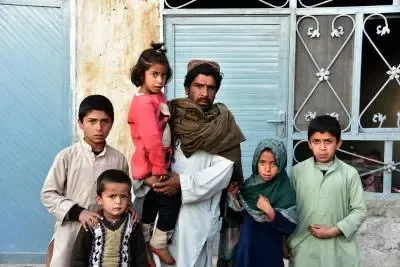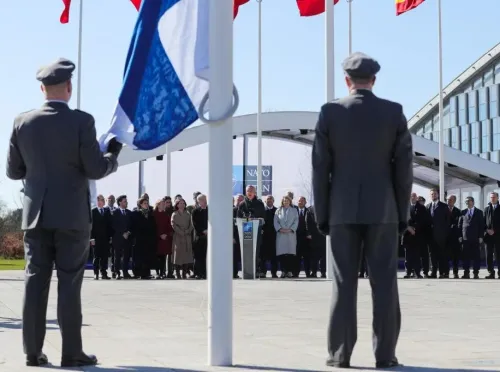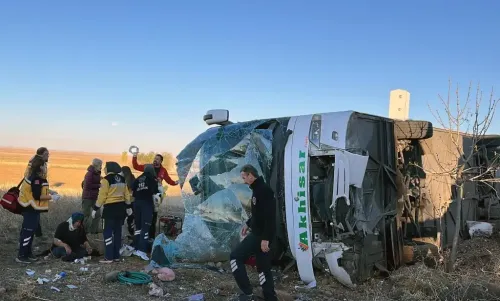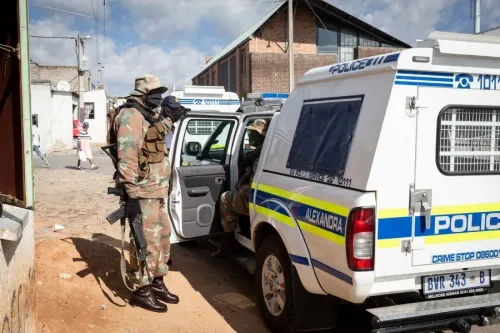What Lies Ahead for Afghans Seeking Refuge in Pakistan?

Synopsis
Key Takeaways
- Thousands of Afghans in Pakistan are facing forced repatriation.
- Vulnerable groups, especially women and children, are at significant risk.
- Concerns over the humanitarian situation in Taliban-controlled Afghanistan are growing.
- The Human Rights Commission of Pakistan has criticized the government’s actions.
- Many refugees are returning to a country in crisis.
Kabul, Aug 13 (NationPress) A significant number of Afghans residing in Pakistan, particularly those who fled following the Taliban takeover in Afghanistan in 2021, now confront a precarious future due to the Sharif government’s renewed Illegal Foreigners Repatriation Plan, according to a report. Since the policy's revival in late 2023, a nationwide operation has targeted undocumented Afghan refugees.
In just April, more than 144,000 Afghans returned to Afghanistan, with nearly 30,000 being forcibly deported. Prime Minister Shehbaz Sharif has mandated enforcement actions in major urban areas, including Islamabad, resulting in police operations that have led to the detention and relocation of Afghan families to deportation facilities, reports the Afghan news agency Khaama Press.
The Human Rights Commission of Pakistan (HRCP) has condemned these measures as a form of forced repatriation, which contradicts international law. Various vulnerable groups, including women, children, the elderly, and individuals with disabilities, have been severely affected by the decisions made by Pakistani authorities.
Afghan girls, raised in Pakistan, are particularly vulnerable as they are being sent back to a country where the Taliban has imposed restrictions on girls' education. Elsa Imdad Hussain from the Centre for Research and Security Studies has urged for a refugee law that prioritizes “human and gender-centric” approaches, but her appeals have gone unanswered.
Returning Afghan refugees are facing dire circumstances in a nation grappling with economic collapse, climate crises, and humanitarian disasters. The Taliban administration has offered minimal assistance to those repatriated from Pakistan, with families resorting to living in tent settlements, the report indicates.
Afghan officials have accused Pakistan of exploiting refugees for political gain, while the Taliban's Acting Prime Minister Mullah Muhammad Hassan Akhund has criticized what he calls a “cruel attitude,” according to Khaama Press. Tensions between Pakistan and Afghanistan persist despite the Taliban pledging that Afghan territory will not be used against Islamabad.
There are reports that holders of the PoR card, despite being authorized to remain until June, are facing arrests and detentions. Afghan-owned small businesses are also collapsing under the crackdown by Pakistani authorities, with allegations that some locals, including so-called “front men” in property documentation, are taking advantage of departing Afghans, according to the report.










